
views
Trying to soothe her 11-months-old boy for half hour, Reena, 23, (name changed), exhausted all her newly learnt motherhood traits. She needed milk and some clothes to keep the baby warm but she was more than 250 kilometre away from her home near Dhaka, Bangladesh. Reena has been at a makeshift detention unit in Hakimpur, India, at the Indo-Bangladesh border.
It was ten till eleven in the night. Around three hours ago, Reena, and a group of four other women were brought to this unit by a patrolling team of the Border Security Force (BSF) near Hakimpur border when they were caught allegedly trying to illegally cross over into India.
According to officials, Hakimpur, in the North24 Paragana district of West Bengal, is one of the vulnerable stretches along the Indo-Bangladesh border and Sonai River, that divides India from Bangladesh, widely exposes it to cross-border intrusion. The river is less than 100 metre wide, even narrower at stretches, and extensively covered with water hyacinth for long distances making patrolling by security forces, almost impossible.
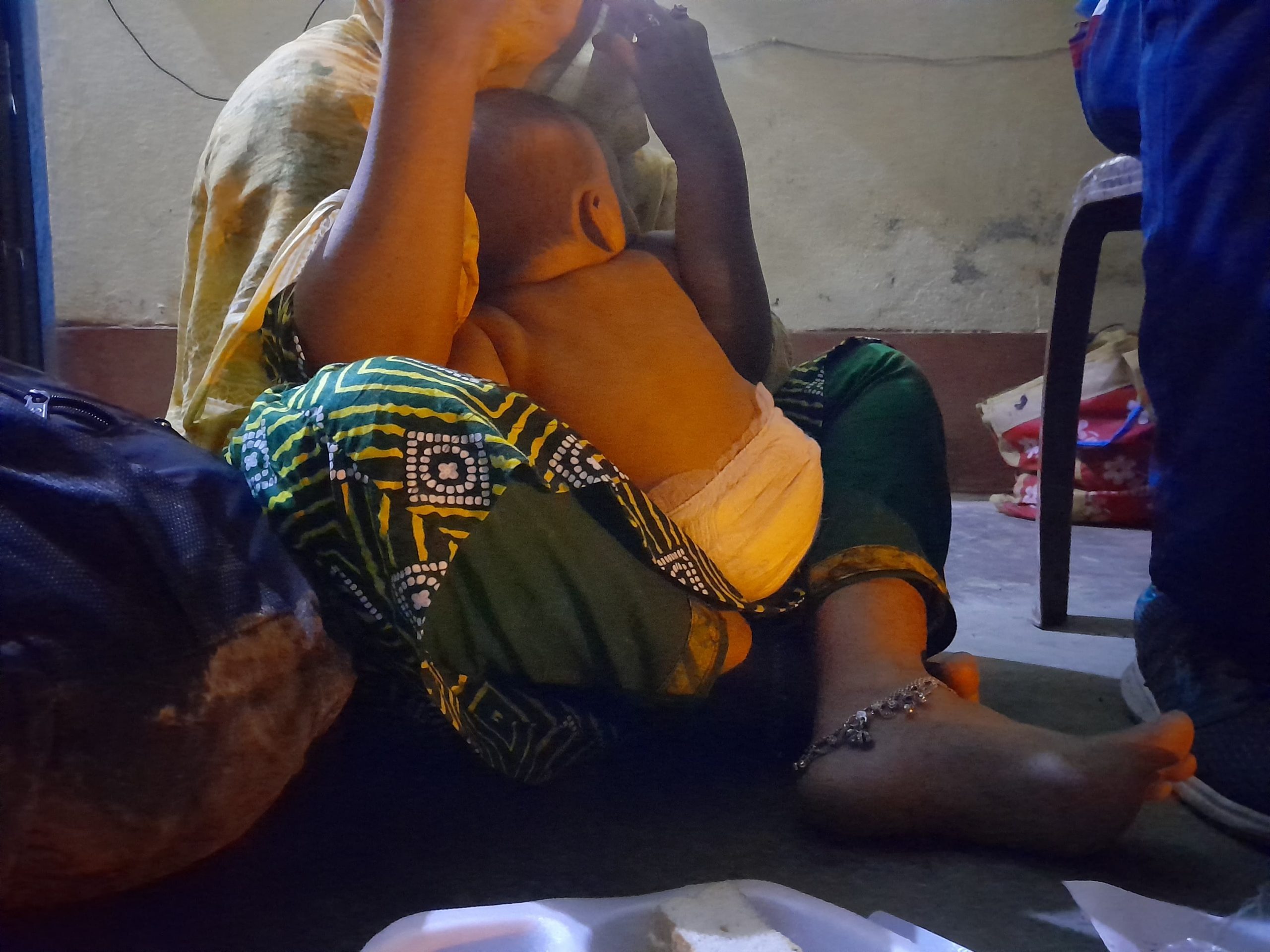
Reena and the four other women, with dupattas and scarfs covering their faces and only eyes visible, sat on the floor of a dimly lit room that has a washroom in one corner. The room, with eroded walls, has a grilled metal gate and one window. The cemented floor is cold and cracked at places hinting that the room probably has other uses but doubles up as a temporary detention unit when “illegal intruders” like Reena and others are caught at the borders.
At the metal gate of the room, a woman official sitting on a chair was questioning these women one by one, noting down their antecedents in a register.
‘Agent Asked Me to Pay Rs 10,000’
Reena was still busy with her infant, awaiting her turn. On her right was Tamina (name changed) leaning on the wall. Clad in a black scarf and a yellow gown, Tamina hails from a small industrial town Darshana in southwest Bangladesh.
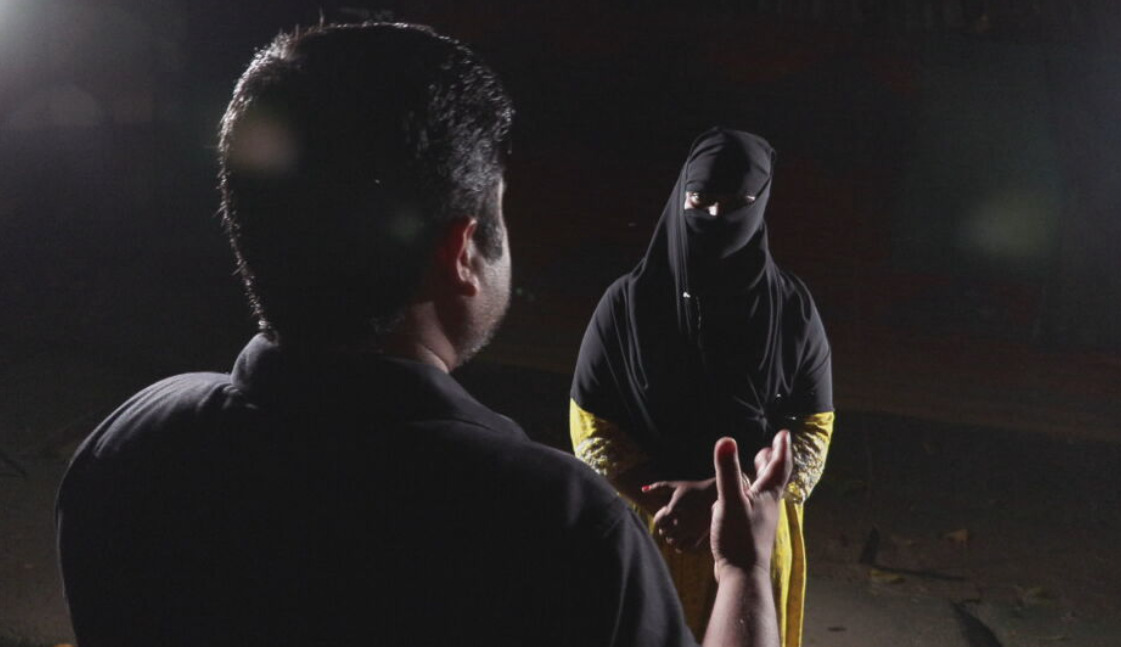
A year ago, when Tamina’s husband divorced her, she decided to earn a living working as a housemaid. “In Bangladesh, you do not get good money. Moreover, at present, the condition is not favourable and there’s hardly any opportunity to earn good wage. I had heard that women who had previously left Bangladesh to work in India, have been doing financially well,” she said, intermittently trying to convince the officials to allow her to call her family.
Explaining how she landed here, she said, “I got in touch with an agent via social media, who asked me to pay Rs 10,000. In exchange of this sum, I was promised that I will be taken to India and once I reach Kolkata, the agents on the Indian side will help me with documentation and getting a job. The money was to be paid once I had reached Kolkata,” she said.
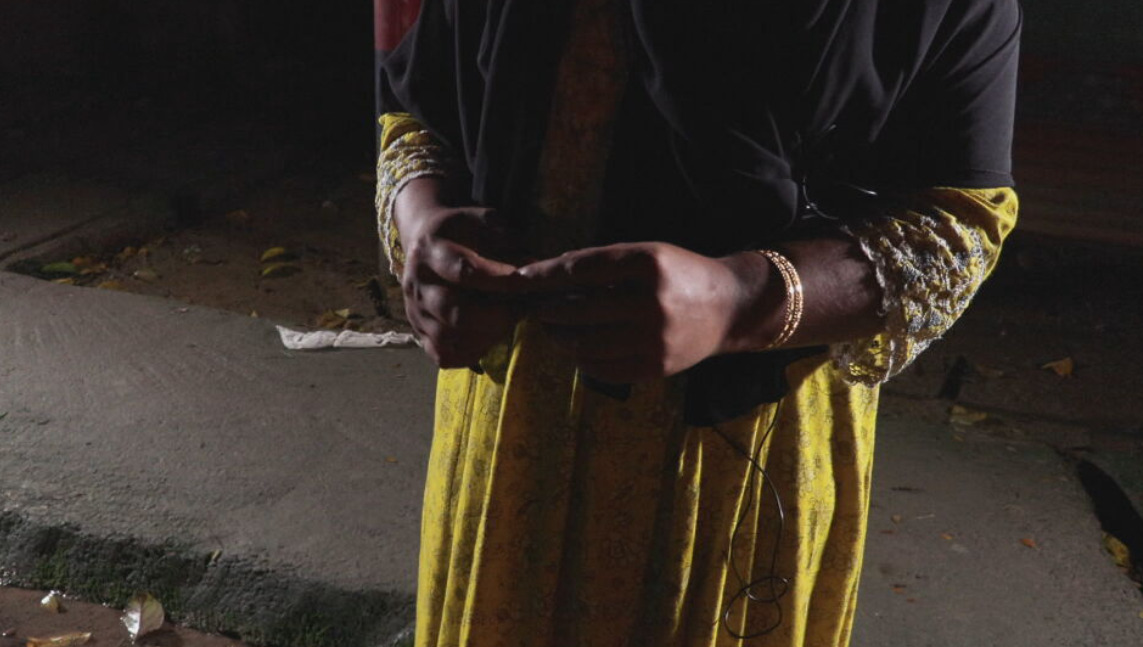
Narrating her journey, the 22-year-old said she started from Darshana by a bus and reached a village close to border. There she met with a man who introduced himself as an assistant to the agent and he brought her up to a border village of Bangladesh in an auto rickshaw. There onwards, she and the man who she claimed did not reveal his identity to her, walked up to River Sonai through patches that lack surveillance by the Border Guards Bangladesh (BGB).
Since Tamina doesn’t know how to swim, the man arranged for a trunk of a banana tree and threw it in the river. Tamina then held on to the trunk and floated over it to cross the waterbody while the man swam along with her. About an hour later, as they reached the Indian side, the man left her and disappeared into the woods, she said.
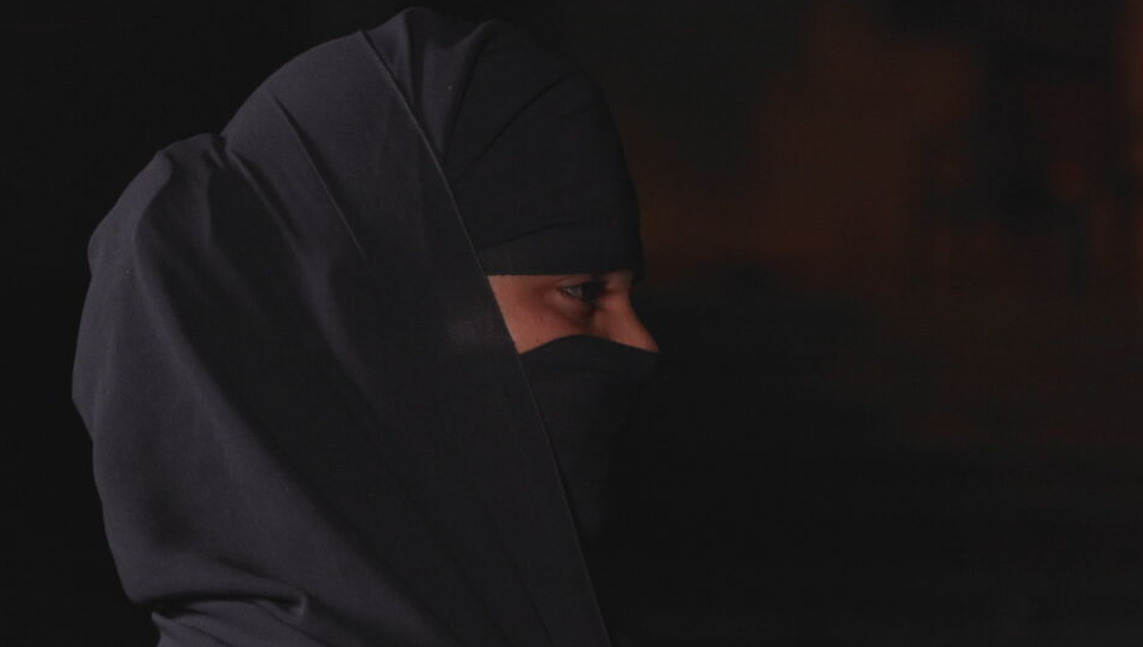
All of Tamina’s hard work and determination, however, did not end well. It wasn’t much later that a BSF team spotted her and following a brief questioning she ended up at the detention centre.
Outside the room where Tamina, Reena and others have been hauled up, is a compound managed by the BSF. A number of cattle tied in the compound were the ones rescued from cattle smugglers, one of the major concerns across Indo-Bangladesh border.
A little further lay a sentry post and hardly 200 metre ahead of this spot is the international border.
The border between India and Bangladesh is not thoroughly fenced and has long patches that lack any obstacle, making it susceptible for cattle smugglers, narcotics dealers, exchange of arms and human trafficking. At several stretches, particularly in north Bengal, are villages that lie beyond the fence, at places even in Bangladesh. This further makes the movement of locals from one side to the other, untraceable for security forces at both sides.
‘My Wife And Daughter Are Waiting For Me’
There was another room adjoining the one where the detained women have been sitting. A man, in his late thirties, was sitting on a mattress. Two officials were sitting next to him on two chairs, questioning him of his whereabouts.
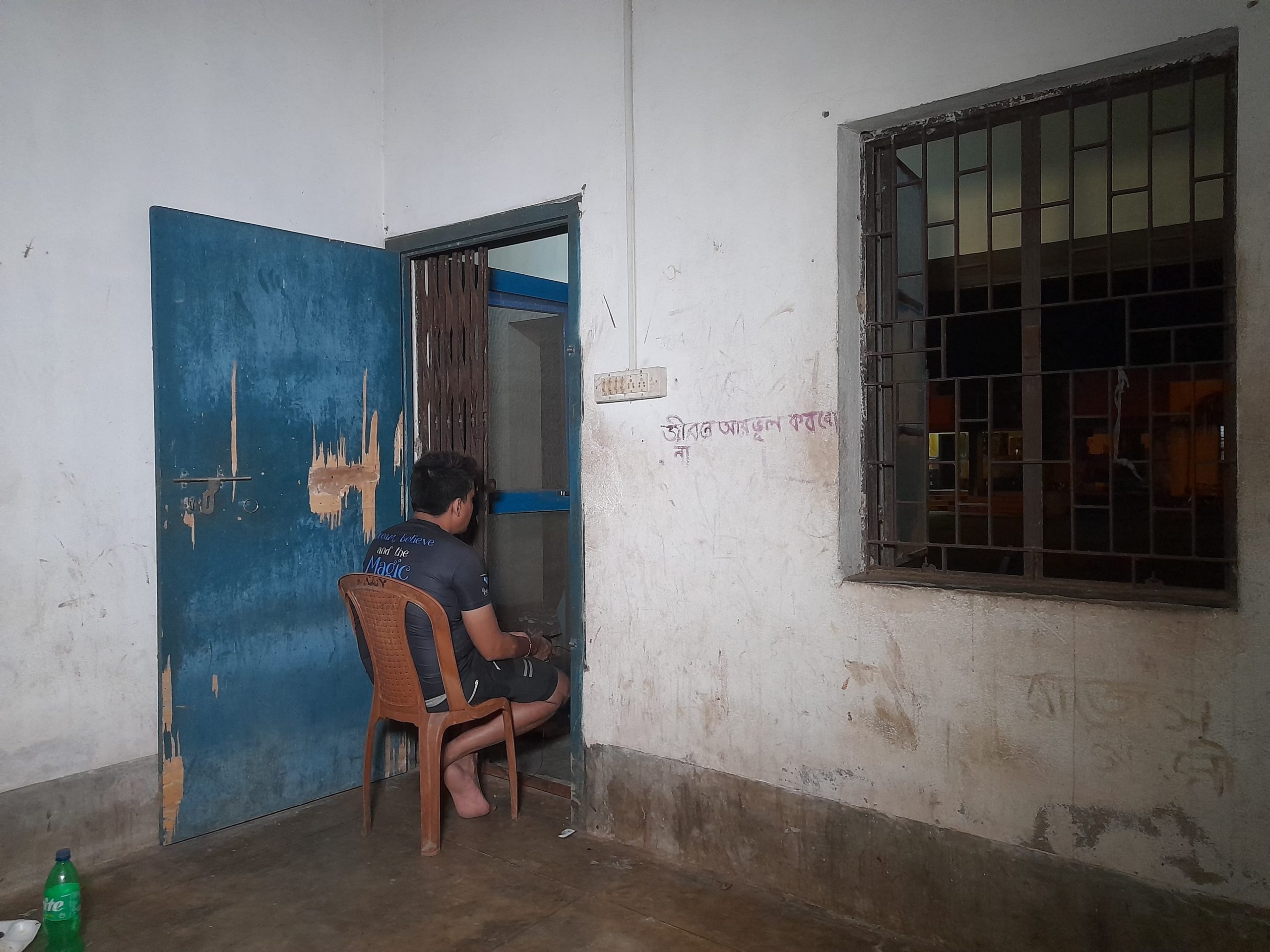
It turned out that the man was an Indian but was caught while sneaking illegally into India from Bangladesh. “I am an Indian. My wife is a Bangladeshi. I had gone to meet her. I went through the Tripura-Bangladesh border and managed to crossover uncaught. My wife and nine-month-old daughter left for India on proper visa but since I could not manage documents, I was crossing over illegally when I was caught,” he said.
Well built, donning a baseball cap, a T-shirt and a pair of jeans, the man said he had paid 15,000 taka (Bangladeshi currency) to an agent whom he met through a shopkeeper in his wife’s village.
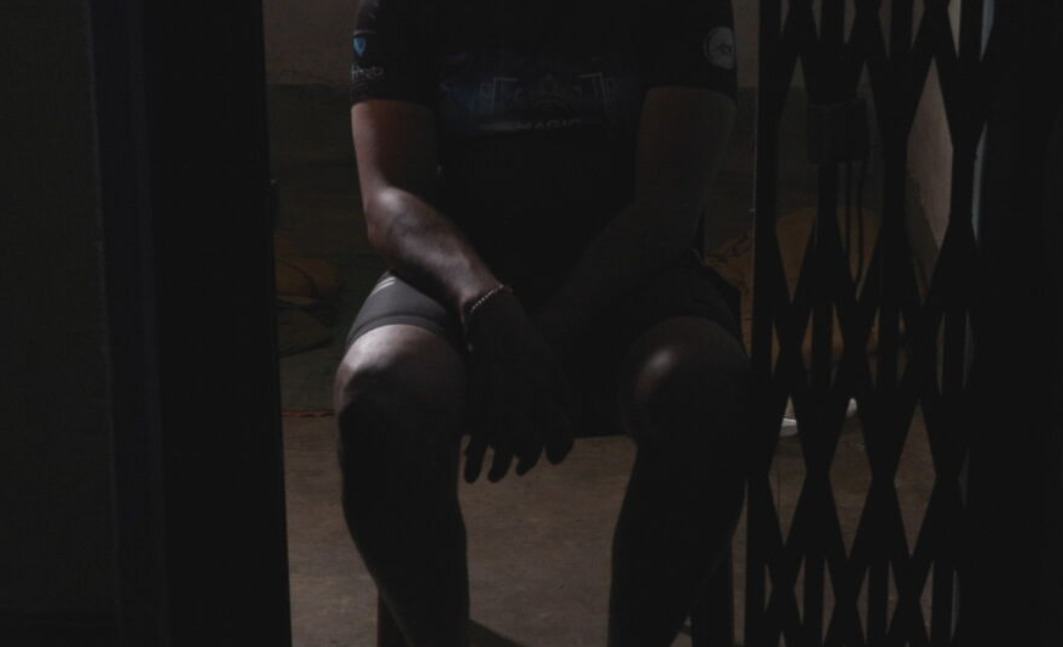
He was brought to Benapol border in an auto rickshaw and then they swam to cross the river, soon after which he was caught.
He met his wife on social media and married her last year. She had come to Bangladesh to deliver their child and now the couple planned to stay in India.
“I was promised I will be taken up to a railway station from where I can further travel. As I have done this previously, I did not doubt the agent but he has landed me into trouble. I am not sure how will I get out of this situation. The agent also took away my phone. My wife and daughter are waiting for me at a close by railway station from where we were to do our inwards journey, but now I cannot even inform them of my status,” the man said.
Attempts of Intrusion Increased After Bangladesh Violence: BSF Officer
Among the Indian states, West Bengal shares the longest boundary with Bangladesh. Even as the problem of Bangladeshis infiltrating into India is not a new phenomenon, officials say that August 5 onwards, since the political turmoil in Bangladesh, situation has grown intense.
“We have seen attempts of intrusion going multi-folds since the situation in Bangladesh changed. Many Bangladeshis who wanted to take refuge in India had to be returned from border as they lacked essential documents. We have also caught several people who attempted crossing over into India illegally. Majority of them, whom we questioned, said they are crossing over in hope for a better livelihood and safety,” said a senior officer from the Border Security Force that secures the Indo-Bangladesh border.
The officer added that the BSF forms the first line of security for the country and their mandate is to keep a tight vigil and allow no infiltration. “Given the vulnerability of these people there are chances that they can be misused. There are several criminal gangs in the border areas that indulge in smuggling, human trafficking and other criminal activities. The Indo-Bangladesh border is sensitive from security point of view,” he said.
They Shouldn’t Be Treated As Criminals: Human Rights Activist
Kirity Roy, secretary at the Banglar Manabadhikar Surakhsha Mancha, a human rights NGO, that has been working for the betterment and rehabilitation of Bangladeshi migrants in West Bengal, said the problem started since East Pakistan was created.
“Infiltration is not new because when the country was divided to carve out East Pakistan, many people were left this side but their families went to the other country. They have their villages, houses, family still living here. Prisons in Bangladesh are also filled with infiltrators from India. It is a two-way problem,” he said.
Roy said these people must not be treated this way. “Government needs to understand that these people need not to be treated as a criminal. No one, the judiciary or the police, follow the international mandate and therefore the social problem is not being addressed. Previously, it was religion that was the main factor but today the main reason is to find a better living. These are poor people and we need to have a humanitarian approach to deal with this issue,” he added.















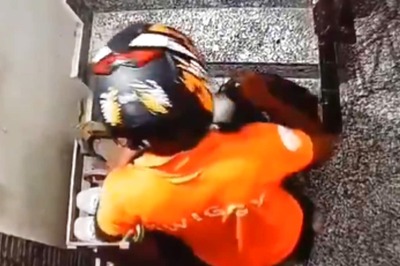
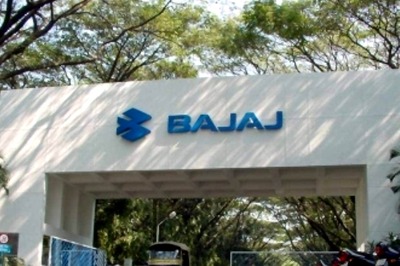
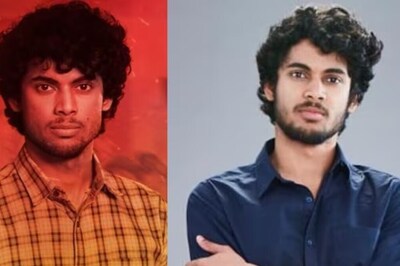


Comments
0 comment